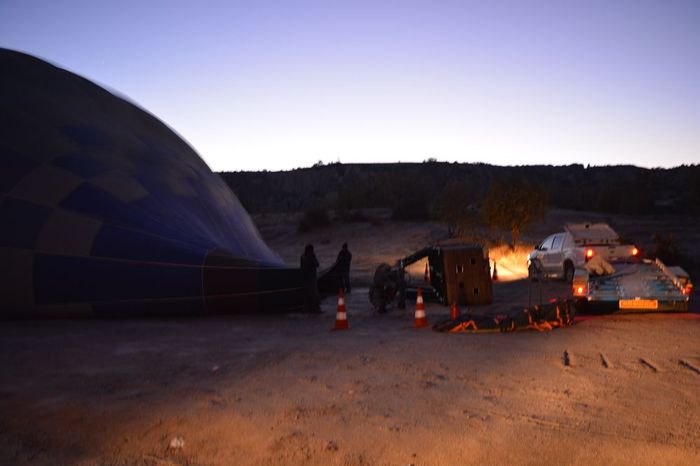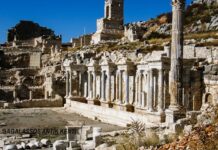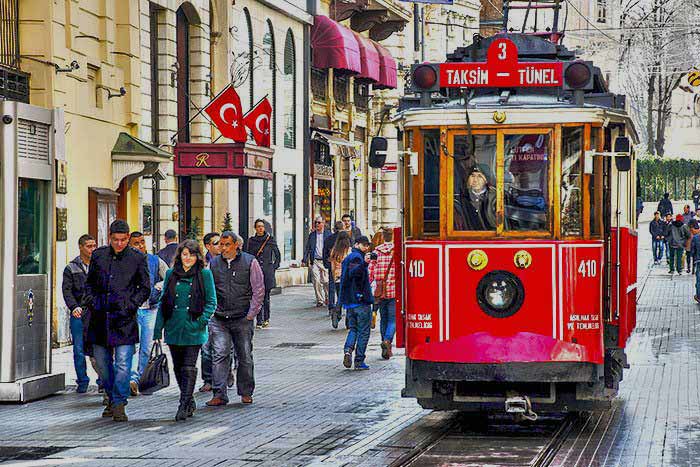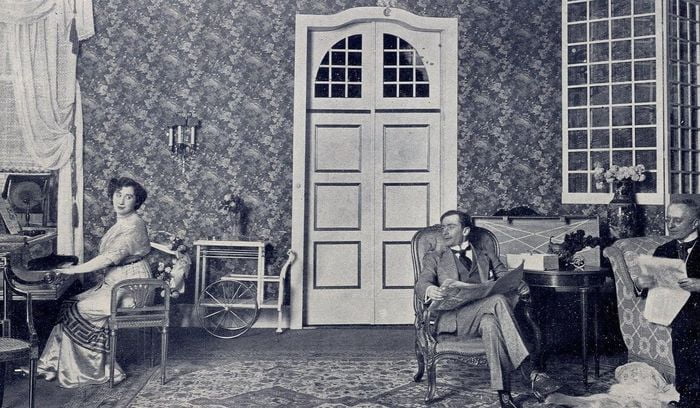The Emperor then summoned his own brother, I mean the Sebastocrator Isaac, and his son John, and after a long conversation with them, concluded by saying to the Sebastocrator, “You go back in peace to the capital to give our mother all the news. As for him,” he said, pointing to John, “I am sending him back again to Dyrrachium, as you see, to give his careful attention to the administration of his province.” In this manner they parted, and the next day the one took the road to Byzantium and the other was sent to Dyrrachium.
Theodore Gabras was living in Constantinople
IX Up to this time the imperial throne was by no means safe. When Theodore Gabras was living in Constantinople, the Emperor who had remarked his violent and energetic nature, wished to remove him from the city and therefore appointed him Duke of Trapezus,[*=Trebizond]. a town he had some time ago recaptured from the Turks. This man had come originally from Chaldaea and the upper parts, and gained glory as a soldier, for he surpassed others in wisdom and courage, and had practically never failed in any work he took in hand, but invariably got the better of his enemies; and finally after he had captured Trapezus and allotted it to himself, as if it were his special portion, he was irresistible.
This man’s son, Gregory, the Sebastocrator, Isaac Comnenus, affianced to one of his daughters, but as both the children were under marriageable age, matters only proceeded as far as a betrothal. After handing over his son Gregory to the Sebastocrator on condition that, when the children reached the legal age, the marriage should be celebrated, Gabras took leave of the Emperor and returned to his own country. Shortly afterwards his wife paid the debt we all must pay, and he took to himself a second wife, a highborn woman of the Alani.
Now it happened that the Sebastocrator’s wife and the wife Gabras married, were the daughters of two sisters; when this became known, the betrothal of the two children was broken off as their marriage was forbidden both by the civil and the ecclesiastical laws. The Emperor, however, who knew the kind of soldier Gabras was, and the amount of disturbance he would be capable of creating, did not wish Gabras’ son Gregory to return to his father when the betrothal was broken off, but desired to retain him in the capital for two reasons.
Read More about Our Lady`s Juggler part 3








